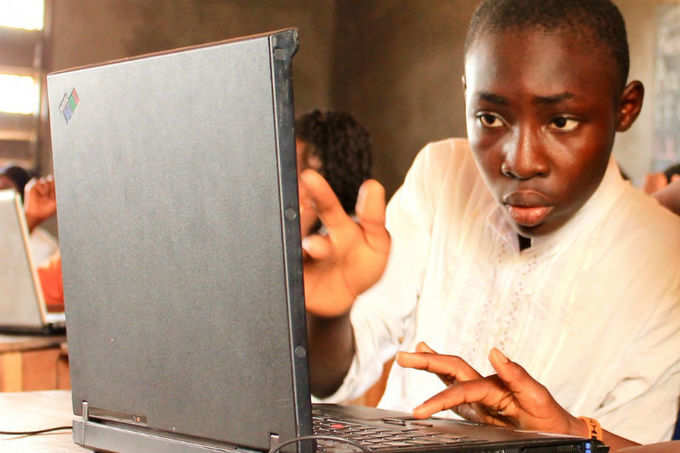 Storytelling is a standout amongst the most antiquated types of communication. Before there were cameras, computers, or even books, stories held the knowledge of all civilization. Indeed, even today, students’ adoration to peruse and listen to stories as an approach to find out about the world and how it functions. Besides, students to recount stories either orally or in print is an extraordinary approach to help them rehearse grammar, grow their vocabulary, and impart their ideas to others.
Storytelling is a standout amongst the most antiquated types of communication. Before there were cameras, computers, or even books, stories held the knowledge of all civilization. Indeed, even today, students’ adoration to peruse and listen to stories as an approach to find out about the world and how it functions. Besides, students to recount stories either orally or in print is an extraordinary approach to help them rehearse grammar, grow their vocabulary, and impart their ideas to others.In classroom, a few educators are endeavoring to tackle the force of technology to build literacy rates for battling students; however does utilizing technology truly have any kind of effect?
For as long as four years, specialists at MIT, Tufts University, and
In all three cases, study participants’ performance on standardized tests of reading preparedness indicated that the tablet use was effective. The trials examined a range of educational environments. One was set in a pair of rural Ethiopian villages with no schools and no written culture; one was set in a suburban South African school with a student-to-teacher ratio of 60 to 1; and one was set in a rural U.S. school with predominantly low-income students.
The researchers’ system consists of an inexpensive tablet computer using
As Wolf reflects in her book, “Proust and the Squid”, the capacity to read, unlike the capacity to process spoken language, is not hard-coded into our genes. Consequently, early training is essential to establishing the neurological machinery on which the very capacity for literacy depends.
What’s happening in India?
For sound literate future governance and technology must go hand-in-hand.
Recently, India launched a digital literacy mission with an investment of over $265 million to provide high quality education in unprivileged areas of the country. Recently that mission was turned to reality when Minister for IT and NRI affairs, KT Rama Rao launched 54 Cyient Digital Centres (CDC) during the 25th anniversary celebrations of the company. The aim of these CDCs is to offer high-quality digital educational resources to the underprivileged children and community members of the block. Currently these centres comprise of three functions including, online supplemental learning portal for students and teachers, CDs and DVDs to access offline content and Learning resources for Science, Mathematics, Social Science and English.
Digital Literacy for women
In a country where one minister believes women wearing short clothes calls for rape and another wants to make the rural women population literate, its ironical the direction we’re heading. Union minister for law and justice and information technology
Over the previous years, various studies have indicated benefits from the utilization of technology in education. The part of technology in education is essential, and the question is no more if technology upgrades learning, rather how would we improve our utilization of technology to upgrade learning?